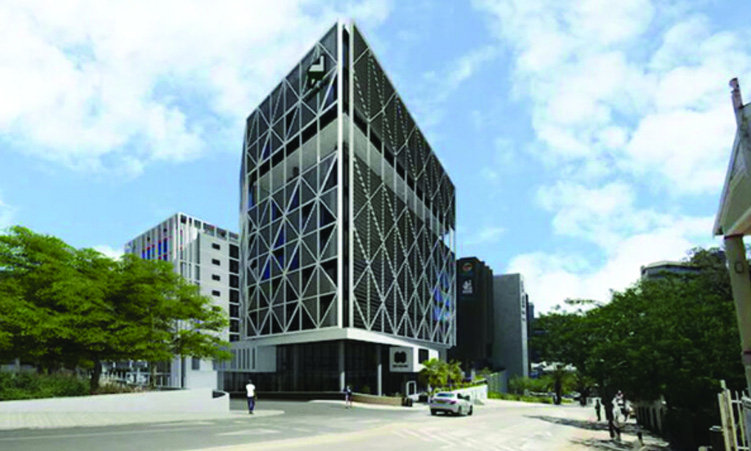Nedbank Group’s annual financial results show there has been a decline in the uptake of personal and home loans in the 2022/23 financial year.
According to the group’s results, which were released last week, the group received 153 000 new home loan applications, compared to 183 000 received in the previous financial year.
In terms of personal loan applications the group received 1,2 million in 2023, compared to 1,5 million in 2022.
Housing equity declined by 44% to R498 million, compared to R890 million recorded in 2022, with a return on equity of 7,1%.
Housing equity involves money earned from the difference between the market value of a home and the amount owed on a mortgage.
This decrease was driven by a significant rise in the cost-of-living ratio to 80 basis points, from 33 basis points in 2022, reflecting a tougher economic environment and rising interest rates.
“By introducing flexible home loan repayment plans, we aim to enhance cash flow for our clients at the crucial early stages of their home ownership journey.
“We are enabling clients to incorporate renewable energy financing solutions into their new and existing home loans, highlighting our commitment to sustainable home ownership,” Nedbank Group’s managing executive, Terence Sibiya, says.
However, there were highlights, with the new business market share improving to 14,3% from 13,1% in 2022, resulting in a 30 basis point gain in the crucial bond application 900 market share.
The group also showed a decline in total assets of 7%, and a decline in net-interest revenue by 4,2%.
Furthermore, profit before provision grew by 15% to R2,08 billion, compared to R1,75 billion in 2022.
Additionally, the residential property market faced headwinds in 2023 with higher borrowing costs, reduced affordability, and stricter lending standards, which led to a 29% decline in volumes, bringing activity slightly below pre-pandemic levels.
Consequently, house price growth remained subdued at 2,5% year on year.
Nedbank Africa Regions has operations in Namibia, Eswatini, Lesotho, Mozambique, and Zimbabwe, as well as representative offices in Ghana and Kenya.
The Nedbank Group also has a 21,2% shareholding in Ecobank Transnational Incorporated, which is a leading private pan-African banking group present in 35 sub-Saharan African countries.
The group says although geopolitical uncertainties increase forecast risk, Nedbank currently expects the economic environment in South Africa (SA) to remain challenging into 2024, yet improve.
The Nedbank Group economic unit forecasts SA’s gross domestic product to increase by 1% in 2024, and inflation to continue to decline and average 5% in the year ahead.
Stay informed with The Namibian – your source for credible journalism. Get in-depth reporting and opinions for
only N$85 a month. Invest in journalism, invest in democracy –
Subscribe Now!






